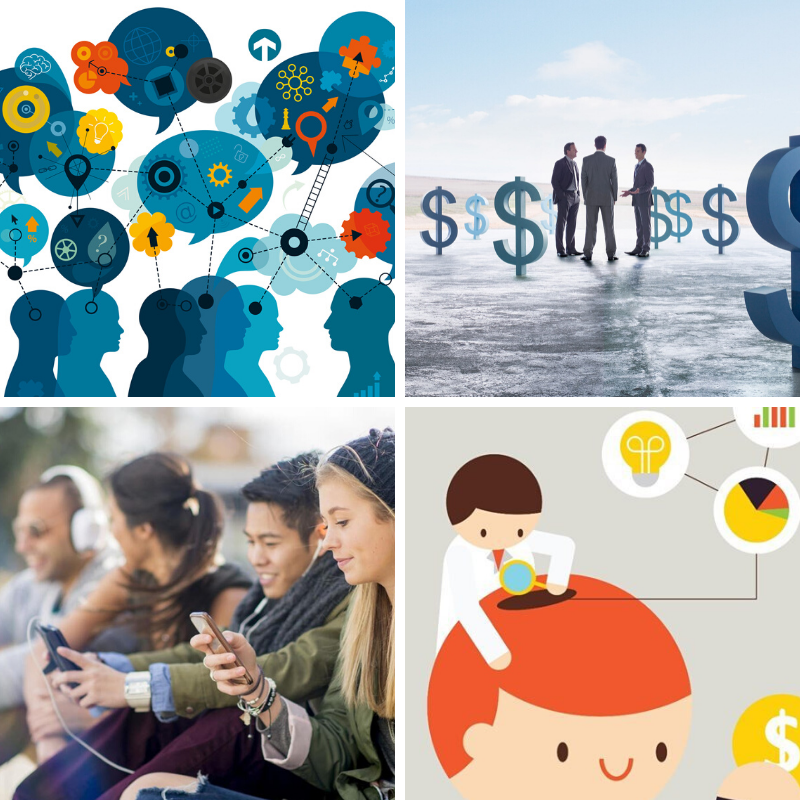ElementsAs part of the Island School 'Futures' curriculum, the Business and Economics departments at Island School offer a range of elective 'Elements' courses that can be taken in Years 9-11. Freakonomics gives students the chance to explore the exciting world of behavioural economics. Run Your Own Business (RYOB) exposes students to enterprise learning, tasking them with creating and running their own student-led businesses.
|
IGCSE BusinessThe Cambridge IGCSE Business Studies course introduces students to the influences on, and workings of, small and large scale buisinesses. Students explore the purpose of business activities, the theory and methods of business organisations, the role of marketing and production methods, financing, and external influences on business operations. Students are assessed via two end of course exams taken in Year 11.
|
IGCE EconomicsThe Edexcel IGCSE Economics course introduces students to the workings of the global economy and prepares students with an understanding of economic theory and concepts needed for higher level study. Students explore the market system, business economics, government and the economy, and the global economy. The course is assessed via two end of course exams in Year 11.
|
IBDP BusinessThe business management course is designed to develop students’ knowledge and understanding of business management theories, as well as their ability to apply a range of tools and techniques. Students learn to analyse, discuss and evaluate business activities at local, national and international levels. The course covers a range of organizations from all sectors, as well as their sociocultural and economic contexts.
|
IBDP EconomicsIBDP Economics is an exciting, dynamic subject that allows students to develop an understanding of the complexities and interdependence of economic activities in a rapidly changing world. At the heart of economic theory is the problem of scarcity. While the world’s population has unlimited needs and wants, there are limited resources to satisfy these needs and wants. As a result of this scarcity, choices have to be made.
|







